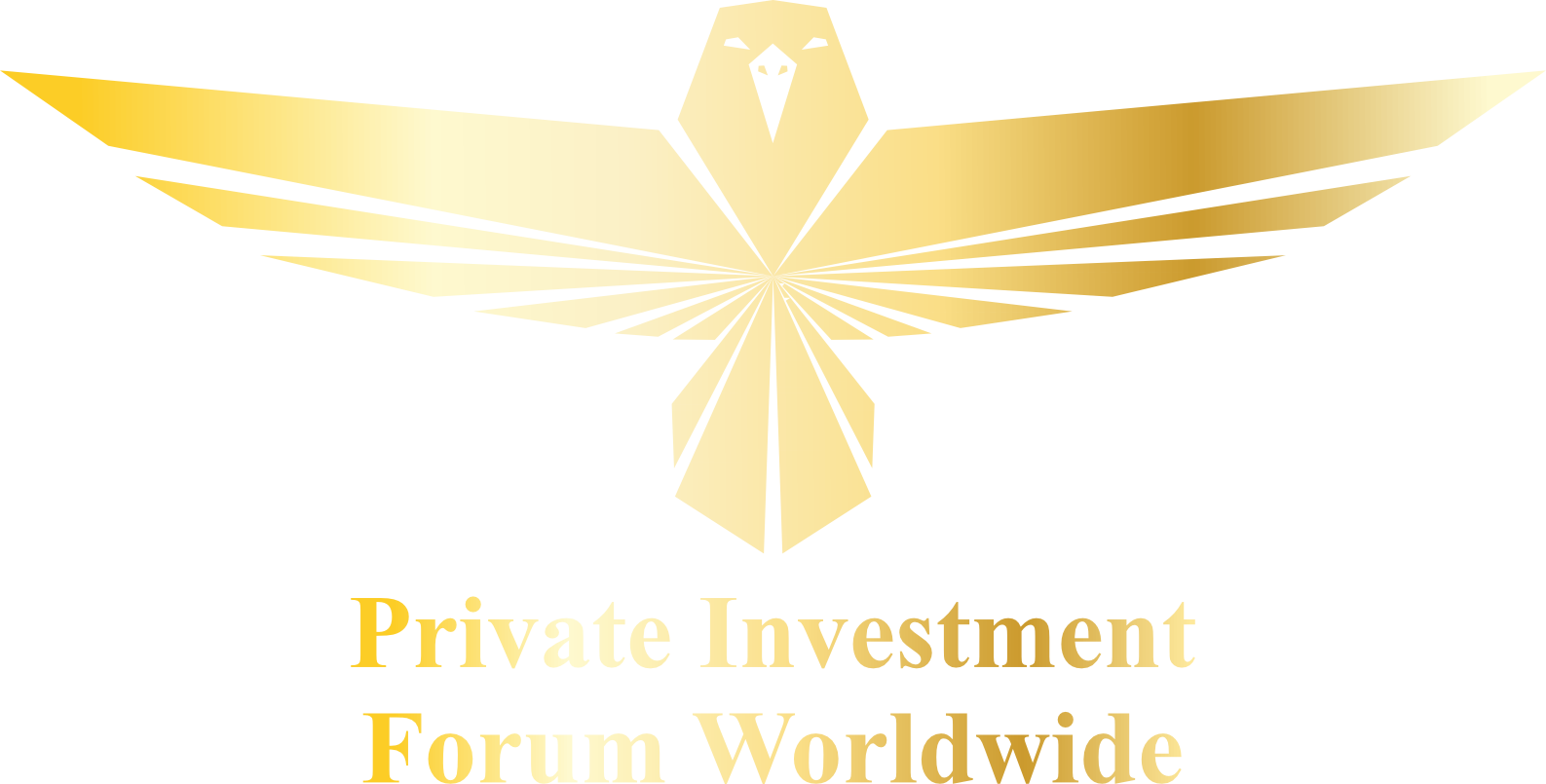
Executive Summary
Embark on an exploration of the evolving investment landscape, where the traditional, rule-bound world of centralised systems meets the cutting-edge, independent domain of decentralised models. Discover the distinct challenges and opportunities inherent in each system, and uncover strategic insights for investors and family offices to flourish in this dynamic financial environment.
The Landscape of Centralised Investment: This section delves into the traditional centralised investment world, highlighting its stability and regulatory oversight. It discusses the need for a human-centric approach and the challenges inherent in these established financial systems. Read more.
The Rise of Decentralised Investment: Exploring the rise of decentralised investments, this part emphasizes the transformative impact of blockchain technology and the significant shift away from traditional investment models, highlighting the new opportunities and considerations for investors. Read more.
Balancing Centralised and Decentralised Investments: Focusing on the strategic integration of both investment systems, this segment addresses the importance of risk assessment and portfolio management in navigating the complexities and potential rewards of both centralised and decentralised investments. Read more.
Centralised vs Decentralised: Shaping Future Investment Strategies: This section predicts future trends in the investment landscape, underscoring the importance of adaptability to technological advances and regulatory changes. It discusses the convergence of centralised and decentralised finance and the growing focus on sustainable and ethical investing. Read more.
Full article:
In the investment world, two main systems are making waves: centralised and decentralised. Centralised systems are what we’re used to – they involve traditional banks and follow strict rules. Decentralised systems, however, are newer and operate independently, like with blockchain and cryptocurrency. This change is a big deal for investors and family offices, as it’s reshaping how we think about and handle investments.
Jude Pereira, Managing Partner at Nanjgel Solutions, UK, a keen observer in this field, notes during a recent Global Investment Leaders Club [G.I.L.C] gathering, “The future, globally, is showing that people are losing faith in their governments and traditional financial systems. For us as entrepreneurs and investors, we need to keep our eyes open on all aspects of the world, playing smartly and diligently.‘” This observation is backed by recent trends, showing that at the end of 2023, many decentralised finance (DeFi) platforms have grown significantly, highlighting that more people are trusting and using these new financial tools. In this article, we’ll dive into these two systems – centralised and decentralised – and see how investors and family offices can find their footing. We’ll look at the challenges and opportunities each system offers and how to make the best investment choices in this evolving scenario.

“The Club offers a secure, inviting atmosphere, bringing together fascinating, prominent figures. It has significantly expanded my international connections and introduced me to exciting deals and innovative technologies. Being a part of this vibrant community is a delight, and I eagerly anticipate each Club meeting.”
– Jon Bennion-Pedley, CEO at Investment Owl, Uganda.
The Landscape of Centralised Investment
Centralised investment systems are the traditional pillars of the financial world, governed by established markets and institutions like banks and stock exchanges. They operate under the watchful eye of central authorities such as government agencies and central banks, ensuring regulation and oversight. This structure, while offering stability and a sense of security, also brings with it a certain rigidity and a slower response to innovative trends.
The centralised model has long been the playing field for family offices. Their strategies within this sphere have typically involved navigating the complexities of stocks, bonds and other conventional financial instruments. However, the landscape is not without its challenges. As Jon Bennion-Pedley, CEO at Investment Owl, Uganda, insightfully observes during a discussion at a G.I.L.C event, recent setbacks in this arena stem from a deviation from core investment principles: “The mistakes that we’re cleaning up on from the last couple of years have all been about breaking the fundamental principle of investing in people above everything else.” This remark underscores a shift in focus, highlighting the need for a more human-centric approach in investment decisions, even within the rigid frameworks of centralised systems.
The sheer scale of centralised investment can be gauged through indicators like global stock market capitalization. For instance, the U.S. stock market’s total market capitalization exceeded $25 trillion by the end of 2021, reflecting the colossal nature of equity investments in these systems. Moreover, the combined assets managed by mutual funds and ETFs, surpassing 586.47 billion in 2023, further demonstrate the significant weight centralised investments carry in the global financial ecosystem.
For family offices in this environment, the key is not just in managing wealth but also in recognizing the evolving dynamics and values of the investment world. It’s about striking a balance between the tried-and-tested methods of traditional finance and adapting to the changing ethos that now places greater emphasis on ethical and human-centric investment strategies.

“In my two years as an active member of this exceptional club, I’ve found the experiences here to be unparalleled. It offers access to a wide range of opportunities and connects us with one of the world’s largest angel investor groups. The camaraderie and eagerness to share knowledge and connections among members is truly enriching, making this club a hub for collaboration and growth.“
– Mira Sirotic, Director of Investor Relations at Maxwell Biosciences, Canada.
The Rise of Decentralised Investment
Decentralised investment, on the other hand, represents a seismic shift in the financial landscape, marked by the emergence of blockchain technology and the growing divergence from traditional investment models. This new paradigm is not just a fleeting trend; it is reshaping how investments are approached, managed and perceived. Family offices and individual investors are increasingly drawn to this innovative arena, recognizing its potential to redefine wealth management.
Jude Pereira, Managing Partner at Nanjgel Solutions, UK, asserts the impact of this shift: “The decentralised market is, to be honest, has already overtaken standard stock markets. It’s just the figures are not out in the open, but it is very stable.” This perspective highlights the burgeoning influence of decentralised finance (DeFi), which, despite its relative opacity in mainstream reporting, is gaining substantial ground. Jude further elaborates on the significance of this evolution: “The new world of decentralised finance is not going to go away. There are those who publicly oppose it but privately benefit from it. The real challenge for us as investors and entrepreneurs is to define ourselves – are we playing in a centralised or decentralised world? Smart, diligent play across these spheres is crucial, as is keeping our eyes open to all aspects of the world.” This viewpoint underscores the critical decision-making moment facing investors: choosing between the traditional, centralised path and the innovative, decentralised route.
The data supporting this trend is compelling. According to a Goldman Sachs report, about 32% of family offices are now investing in digital assets, including blockchain-focused funds. This represents a significant increase from previous years: only 16% in 2021 and 26% in 2023. Among these, a substantial 19% are motivated by the transformative potential of blockchain technology, while others seek portfolio diversification (9%) and the unique financial applications offered by DeFi (8%). Notably, only 8% view cryptocurrencies primarily as a store of value, indicating a broader interest in the technological and innovative aspects of digital assets. This growing interest in decentralised investments among family offices signals a critical juncture in financial history. It represents not just a change in investment vehicles but a fundamental shift in the philosophy and approach to managing wealth.

“I greatly value the Family Office Gatherings for providing a platform to discuss important and fascinating topics while building long-lasting connections and relationships.”
– Guneet Banga, Executive Director at The Caravel Group Limited, Hong Kong
Balancing Centralised and Decentralised Investments
Navigating the investment landscape now requires a deft balance between the traditional stability of centralised systems and the innovative potential of decentralised models. For family offices and investors, the key lies in integrating risk assessment and portfolio management techniques that cater to the unique demands of each environment.
Craig Astill, CEO at The Caason Group, Australia, advocates for meticulous observation, especially when delving into newer, decentralised territories: “If you’re investing in something a bit new, that requires a far deeper dive from a due diligence perspective.” This approach is crucial in decentralised investments, where the risks and rewards can differ significantly from traditional assets. Jon Bennion-Pedley, CEO at Investment Owl, Uganda offers a counterbalanced view with a reminder of the virtues of tried-and-tested methods during a discussion at a recent G.I.L.C event: “Stick to the scripts. You know what works… don’t make exceptions based on hype or hope.” His advice underscores the importance of discipline and proven strategies in centralised investments, cautioning against the temptations of speculative trends.
In response to these diverse investment climates, family offices are increasingly employing advanced risk management tools like stress-testing and Value at Risk (VaR). These techniques are vital in an era marked by fluctuating interest rates and geopolitical shifts, enabling investors to make informed decisions in both centralised and decentralised spaces. Moreover, the evolving security landscape in decentralised finance, particularly after high-profile crypto incidents, is leading to stronger regulatory frameworks and enhanced security measures. These developments could make decentralised investments more appealing to institutional investors, balancing the allure of innovation with the need for security and compliance. Balancing investments across these domains involves a blend of rigorous evaluation, adherence to proven strategies and adaptability to emerging trends and regulations, ensuring a portfolio that is both dynamic and resilient.

“Being a part of the GILC for over a year has been great. It’s a vibrant investment community offering extensive networking. I’ve met diverse professionals and decision-makers globally and encountered unique deals and investment opportunities across various fields. Membership in the GILC is truly beneficial.”
– Craig Astill, Managing Director & CEO at Caason Group, Australia
Centralised vs Decentralised: Shaping Future Investment Strategies
In the rapidly evolving investment landscape, discerning future trends in centralised and decentralised systems becomes crucial for family offices and investors, while being adaptive to technological and regulatory changes. Ana Judith Alma, a Board Member at CEVALDOM, Dominican Republic, encapsulates this need for flexibility at a recent SFO-focused gathering organized by the G.I.L.C: “Family offices must embrace governance that evolves with changing leadership and market dynamics, rather than clinging to static, centralised models.” This thought highlights the necessity for agility in adapting to new investment paradigms.
The realm of centralised finance, a longstanding pillar of global economics, is facing a call to evolve. Traditional institutions are now tasked with embracing technology and innovating to ensure broader financial inclusion and reduced intermediary reliance. This shift is vital to stay relevant in a digitizing world. Regulatory changes are increasingly shaping investment strategies across both spheres. Policies focusing on data protection, privacy and financial transactions are redefining how investments are managed and secured. Investors must navigate these evolving regulations, balancing compliance with the exploration of new opportunities.
A prime example of this adaptation is seen in JP Morgan Chase’s proactive approach to blockchain technology and cryptocurrencies. The banking giant has been actively engaging with blockchain, launching initiatives like the JPM Coin and creating blockchain-based payment systems. These endeavors represent a significant shift for a traditional financial institution, acknowledging and integrating the transformative potential of decentralised finance into their services. This case study demonstrates how even entrenched entities in the centralised finance world are preparing for future trends, recognizing the need to incorporate aspects of decentralised technology to stay competitive and relevant in a rapidly changing financial landscape.
Sustainability is also becoming a cornerstone of investment decisions, with a significant shift towards ESG (Environmental, Social and Governance) investing in both centralised and decentralised finance. This trend reflects a deeper alignment of investment choices with ethical values and long-term sustainability. The convergence of traditional finance and decentralised finance (DeFi) is a notable trend, exemplified by DeFi platforms engaging with traditional financial instruments and collaborating with banks. This blurring of lines suggests a future where the distinction between centralised and decentralised finance diminishes, making way for a more integrated financial ecosystem. In essence, the future of investment strategies hinges on the ability to blend technological innovation with ethical investing, all while adapting to regulatory shifts. For investors and family offices, it’s about remaining nimble and forward-thinking in a dynamic investment world.

“The Club stands out for its robust community spirit and mutual support. Members are sincerely committed to helping one another, fostering a collaborative and nurturing atmosphere. It’s this sense of togetherness and support that truly distinguishes the Club.”
– Mina Nozari, Chief of Staff at LVC Global Holdings, UK
Conclusion
In conclusion, for those navigating the complexities of centralised and decentralised investment environments, the key lies in informed decision-making and adaptability. Centralised systems offer stability and traditional mechanisms, while decentralised platforms provide innovation and potential for growth. Balancing these aspects requires a deep understanding of market dynamics, technological advancements and regulatory landscapes. The future of investment for family offices and investors will be defined by a blend of traditional wisdom and innovative approaches, ensuring resilience and growth in a rapidly changing financial world. To gain further insight on the ever-evolving investment landscape, be sure to register for one of our upcoming gatherings.











